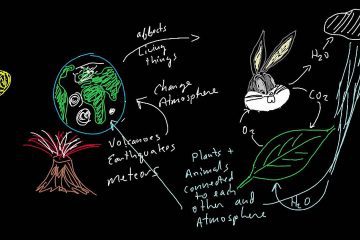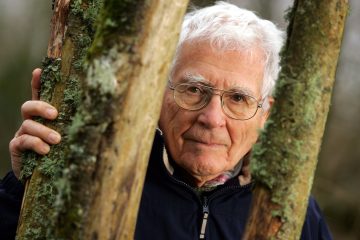Gaia hypothesis
gaia hypothesis diagram
The Gaia Hypothesis diagram illustrates the Earth as a complex, interconnected organism, where living beings and their environments synergistically maintain conditions for life. This visual representation highlights the delicate balance sustaining our planet’s ecosystems.









